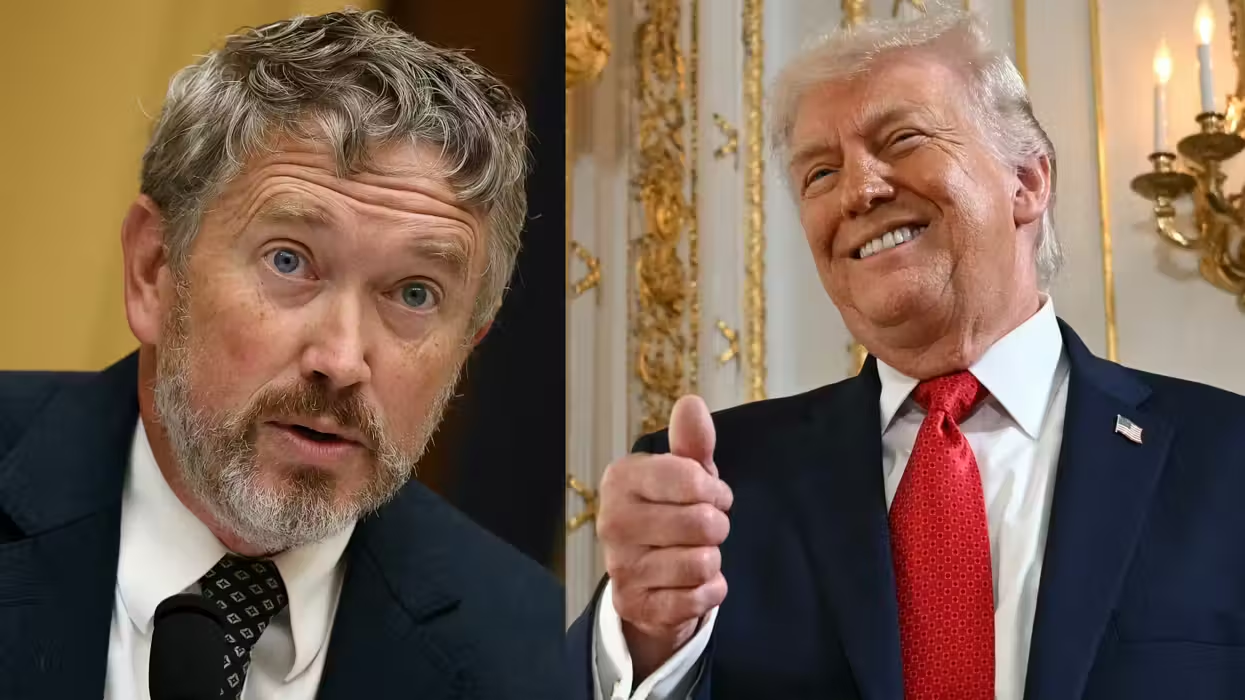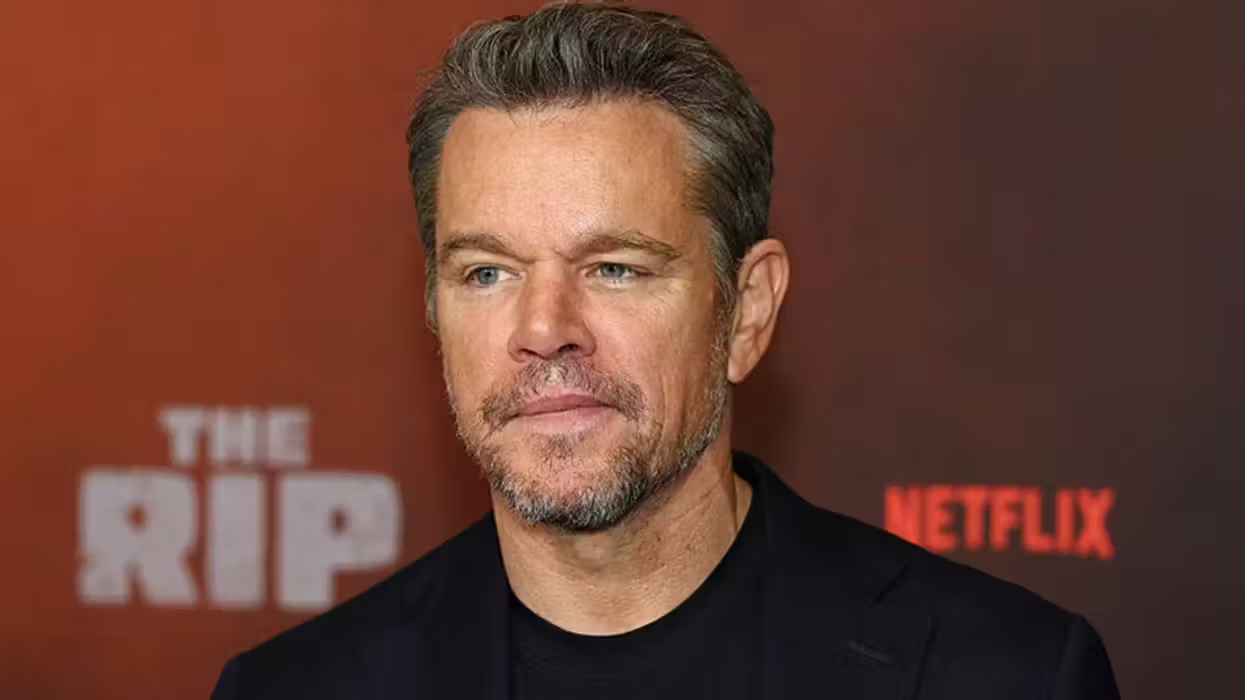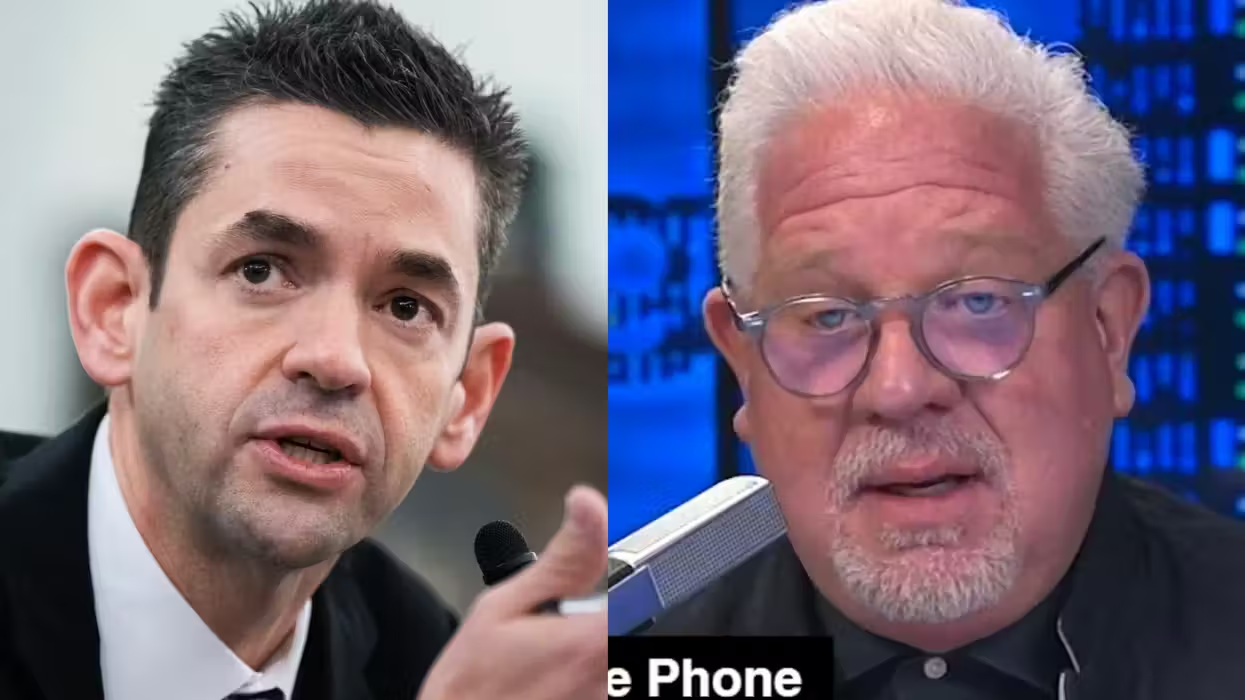The Senate Judiciary Committee on Thursday advanced legislation to amend the Constitution so Congress can regulate campaign spending, a change many Republicans say would alter the First Amendment right to freedom of speech.
The committee approved a resolution from Sen. Tom Udall (D-N.M.) that would change the Constitution allowing Congress to pass laws that limit campaign spending by companies and other entities. Committee passage could mean the Senate considers it on the floor in the coming weeks.
 Senate Majority Leader Harry Reid of Nev. has said the Senate would vote on a resolution amending the Constitution on campaign spending. Thursday, the Senate Judiciary Committee approved that resolution. (AP Photo/Susan Walsh)
Senate Majority Leader Harry Reid of Nev. has said the Senate would vote on a resolution amending the Constitution on campaign spending. Thursday, the Senate Judiciary Committee approved that resolution. (AP Photo/Susan Walsh)
Udall's proposal is a reaction to two recent Supreme Court decisions that Democrats say allow companies to spend freely on campaigns and drown out the speech of average citizens. One of these cases is Citizens United v. the Federal Election Commission, which prohibits the government from limiting how companies and other groups spend money on campaigns.
The other is McCutcheon v. FEC, which ends aggregate limits what people can contribute overall during a campaign cycle, although it keeps in place limits on how much can be given to an individual candidate or a political group.
Judiciary Committee Chairman Pat Leahy (D-Vt.) said amending the Constitution is needed to fix the Supreme Court's "flawed" decisions.
"This amendment addresses a series of flawed Supreme Court decisions that have eviscerated our campaign finance laws, allowing the money of wealthy individuals and special interests to drown out the voices of average Americans," Leahy said.
"The Court has twisted the meaning of the First Amendment to protect money as if it were speech," he added. "The Supreme Court has opened the floodgates to billionaires who are now pouring vast amounts of unfettered and undisclosed dollars into political campaigns across the country."
Sen. Ted Cruz (R-Texas) has been one of the more vocal opponents of Udall's resolution. He has argued that the change could allow Congress to regulate books and TV shows if they contain political content.
Cruz tweeted after the committee vote:
He also argued during the committee markup that no Democrat is addressing the argument that Udall's language would "allow Congress to ban books" or other media.
"Paramount Pictures is a corporation," he said. "Under this amendment, Congress could ban their movies. This amendment could prohibit Saturday Night Live from making fun of politicians."
In June, Cruz asked at a Judiciary Committee hearing, "When did elected Democrats abandon the Bill of Rights?"
Back in May, Senate Majority Leader Harry Reid (D-Nev.) promised that the Senate would vote on Udall's proposal, and cited the Koch brothers as a reason why Congress needs to limit campaign contributions of the wealthy.
"If this unprecedented spending is free speech, where does that leave our middle class constituents, the poor? It leaves them out in the cold," Reid said. "There should be no million-dollar entry fee to participation in our democracy."

 Senate Majority Leader Harry Reid of Nev. has said the Senate would vote on a resolution amending the Constitution on campaign spending. Thursday, the Senate Judiciary Committee approved that resolution. (AP Photo/Susan Walsh)
Senate Majority Leader Harry Reid of Nev. has said the Senate would vote on a resolution amending the Constitution on campaign spending. Thursday, the Senate Judiciary Committee approved that resolution. (AP Photo/Susan Walsh)






